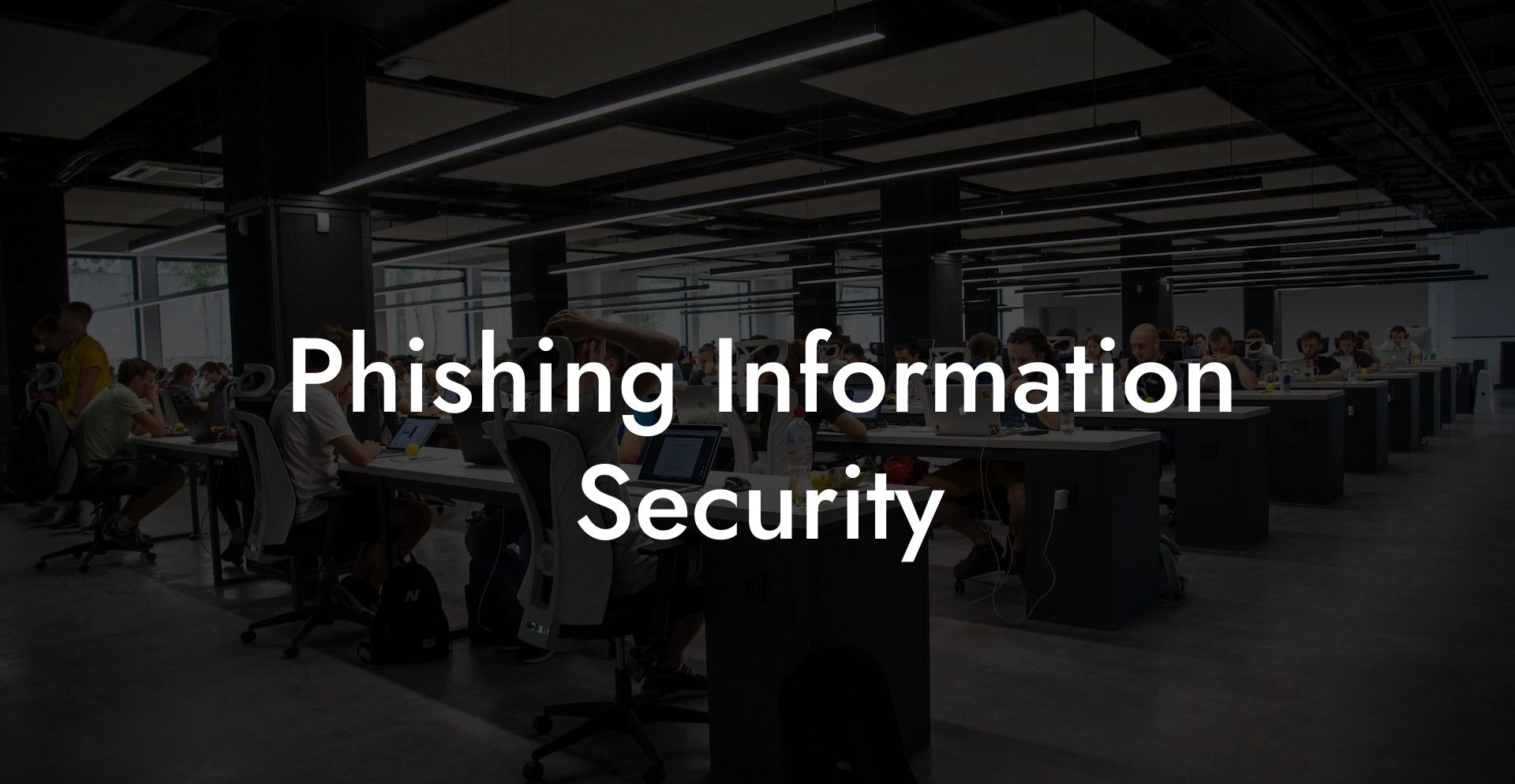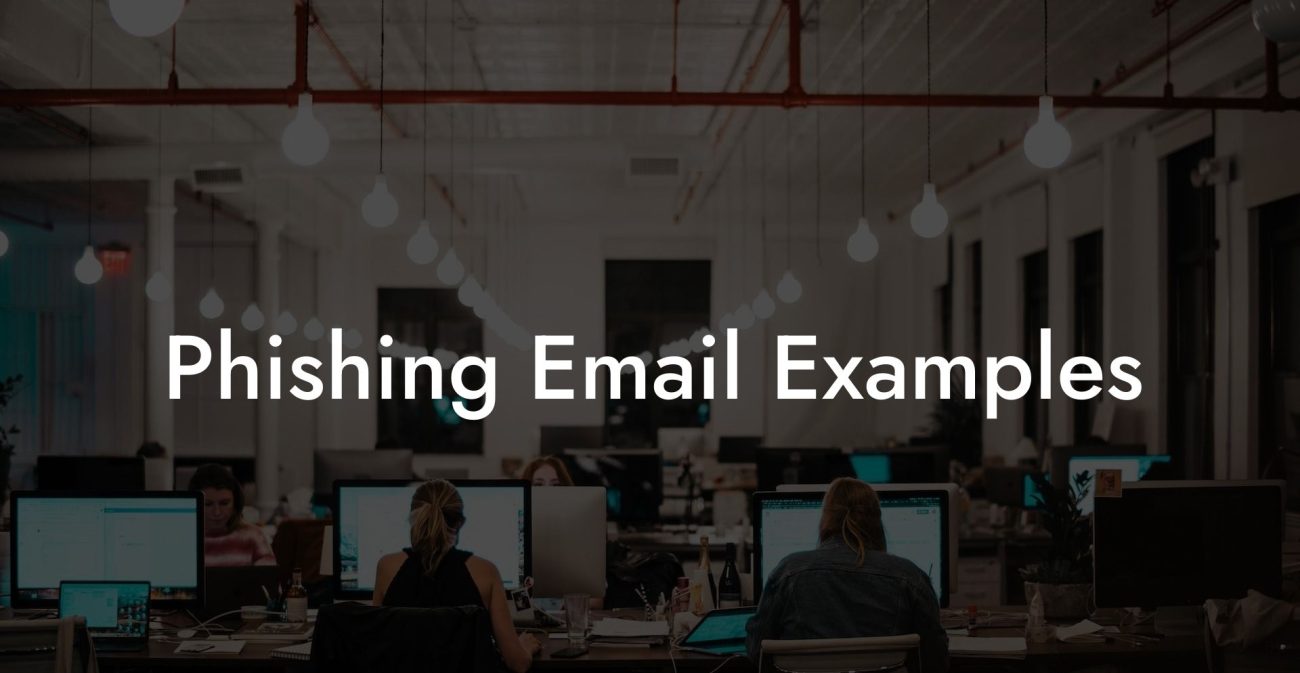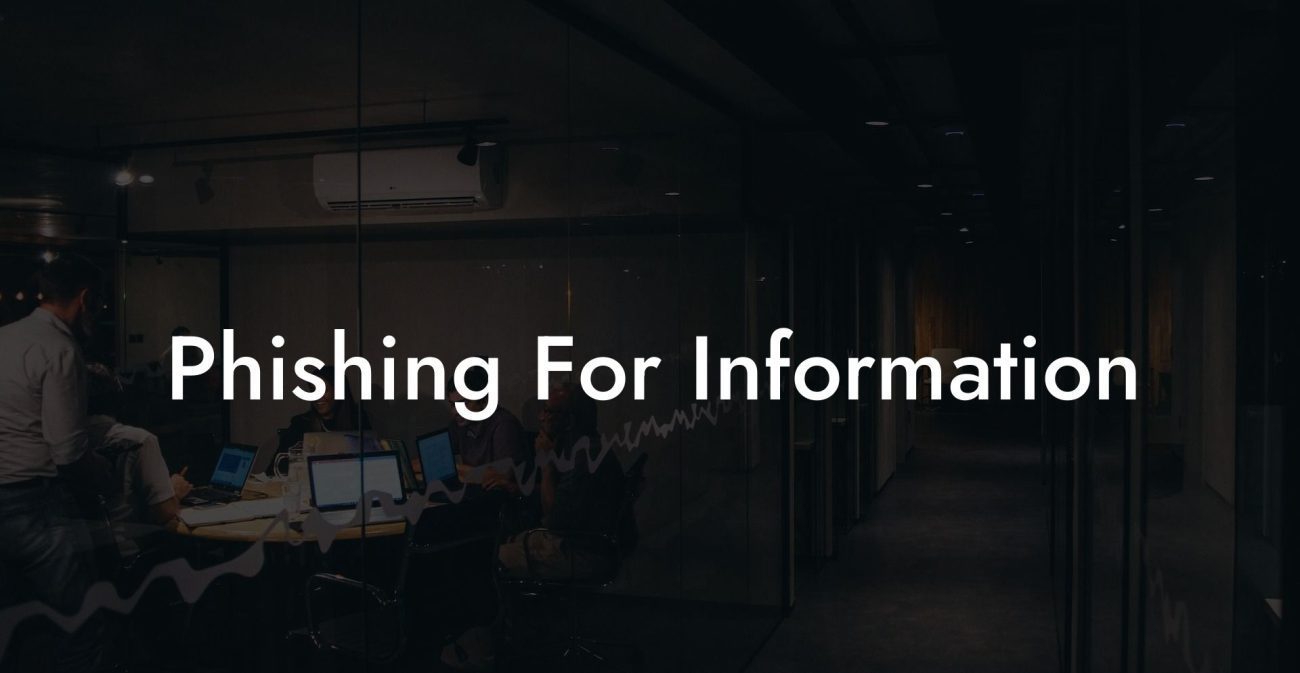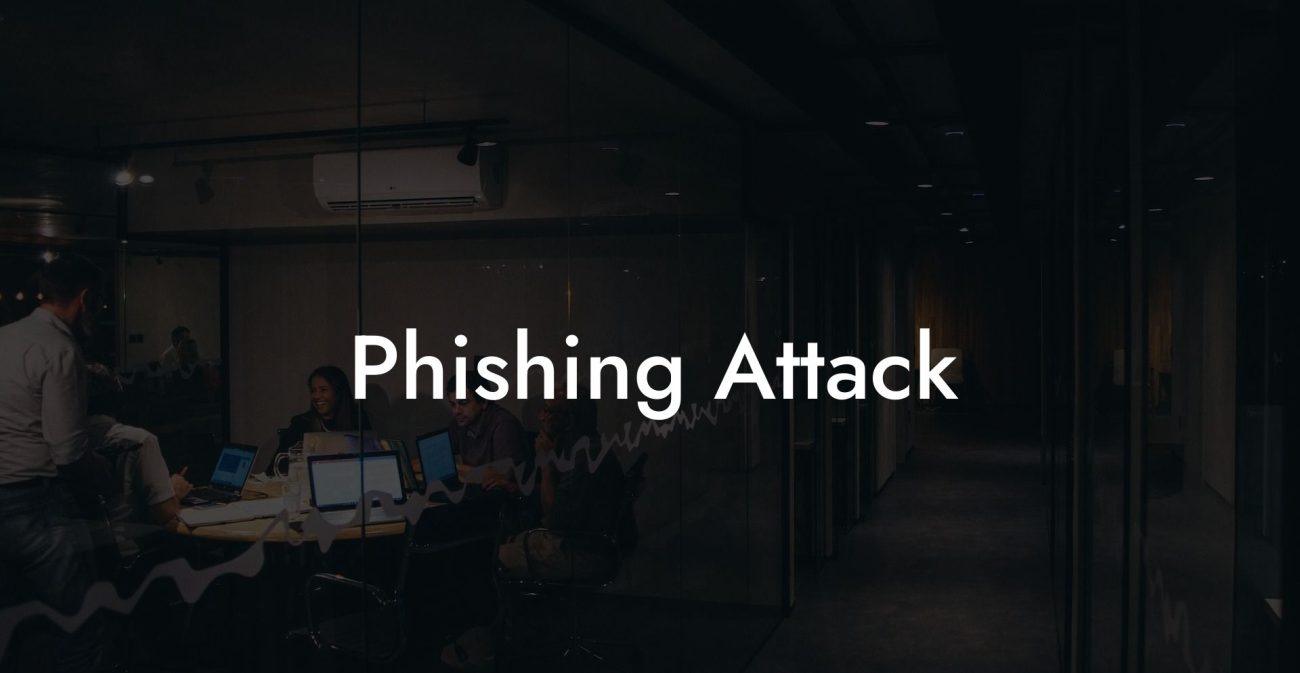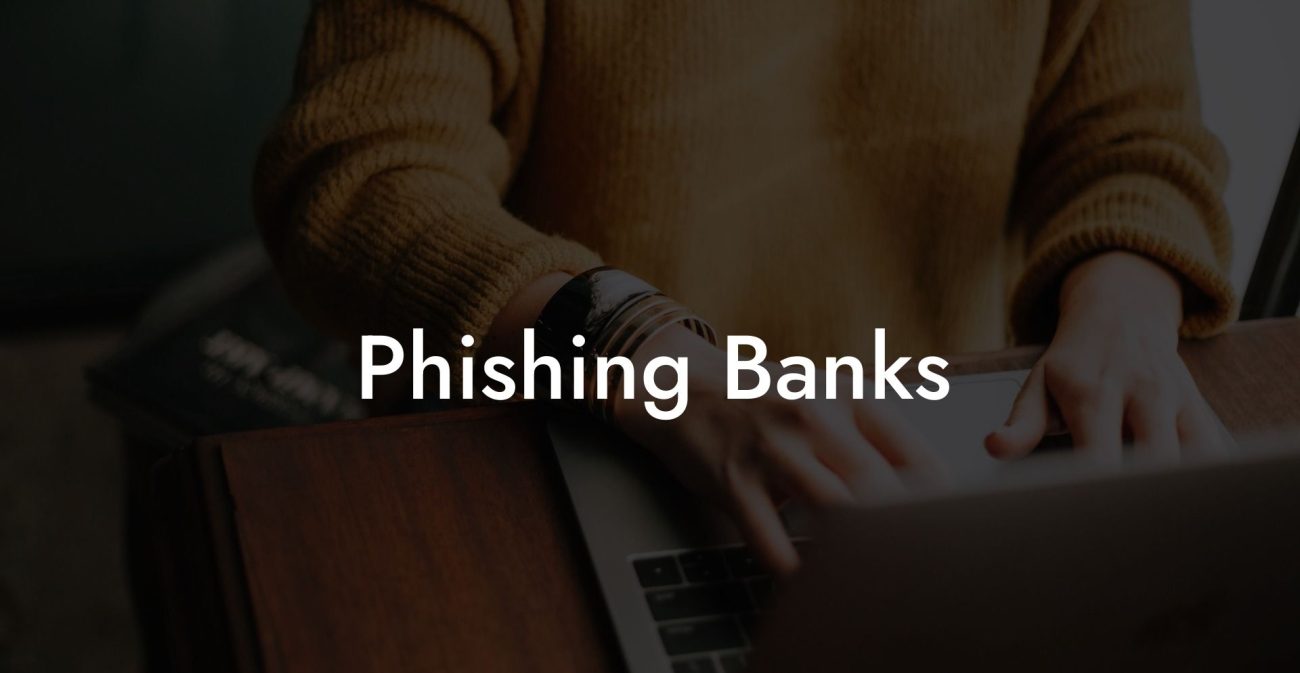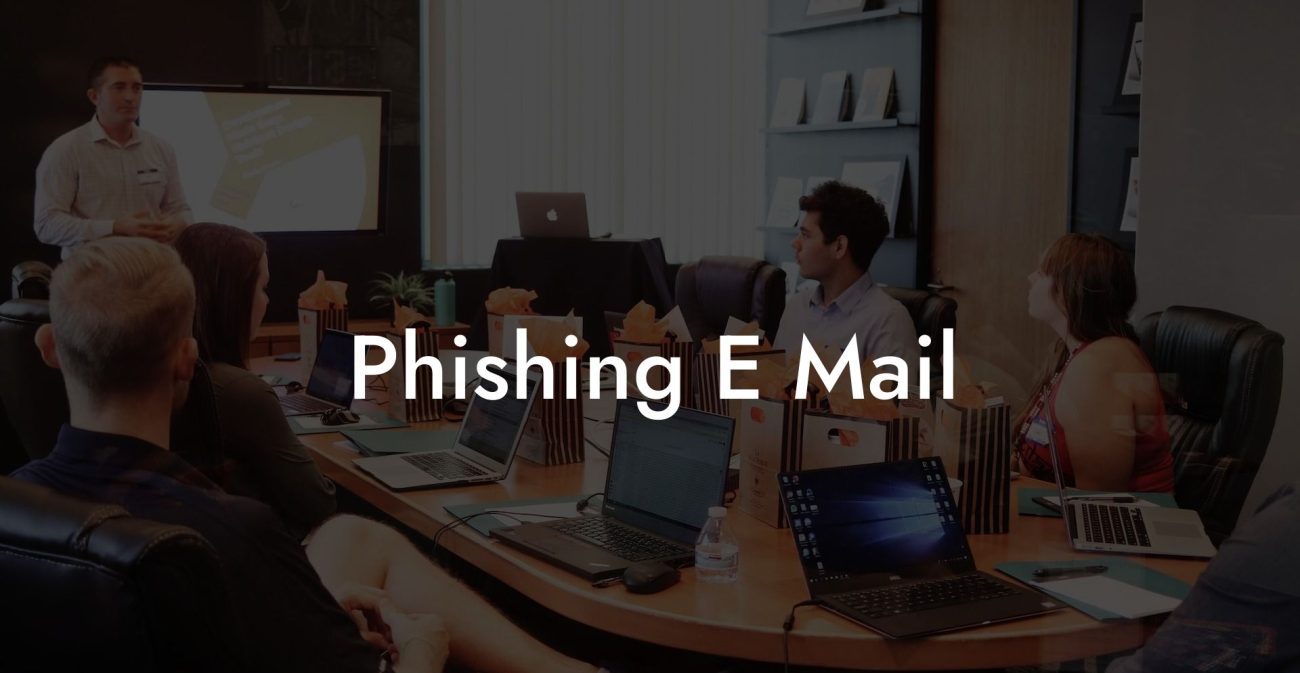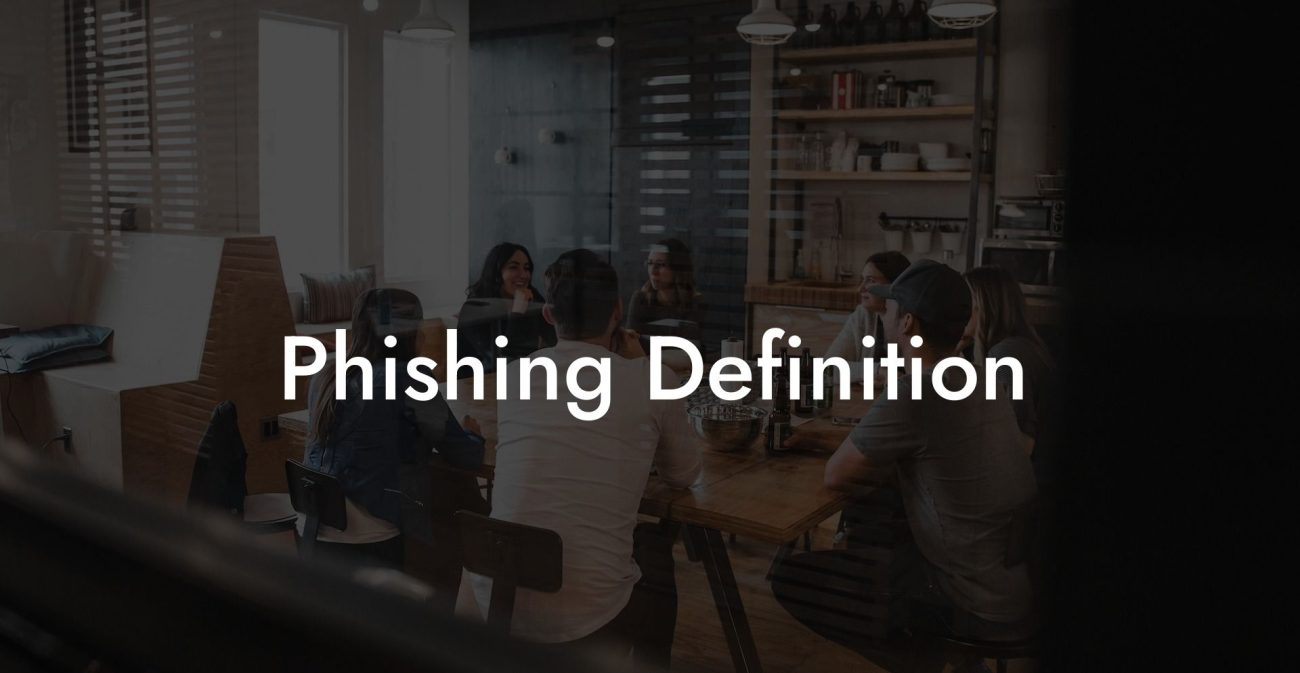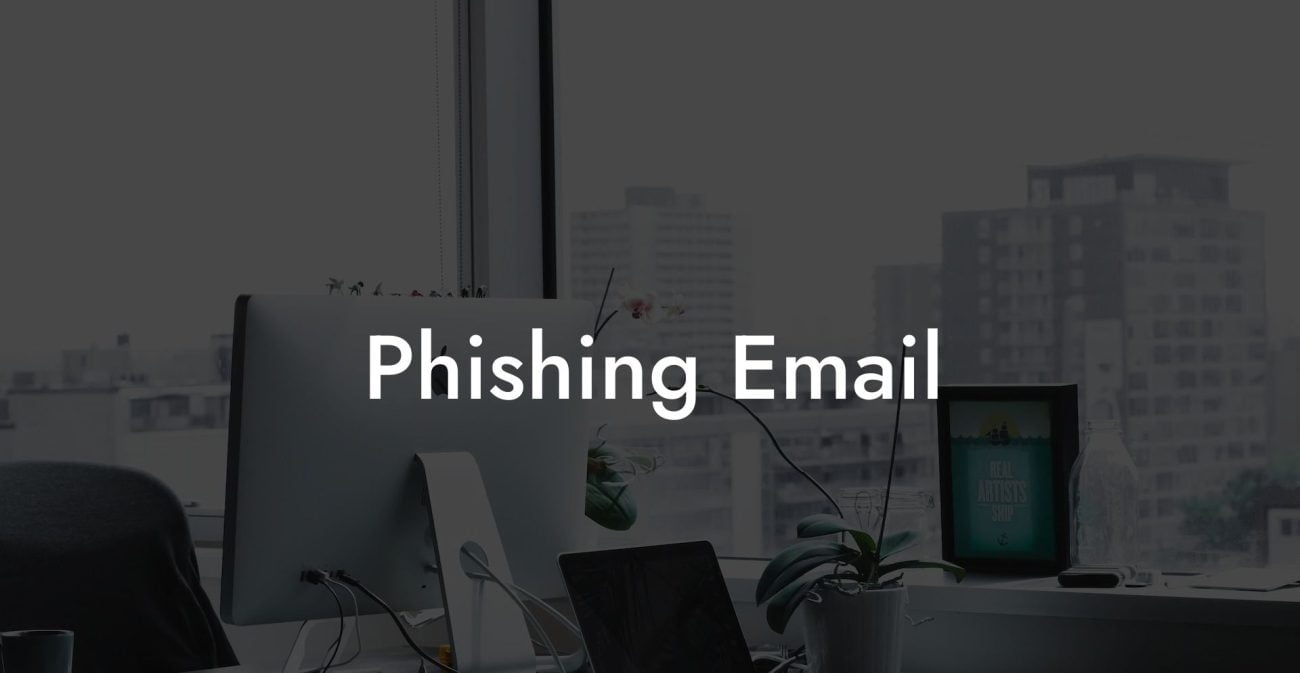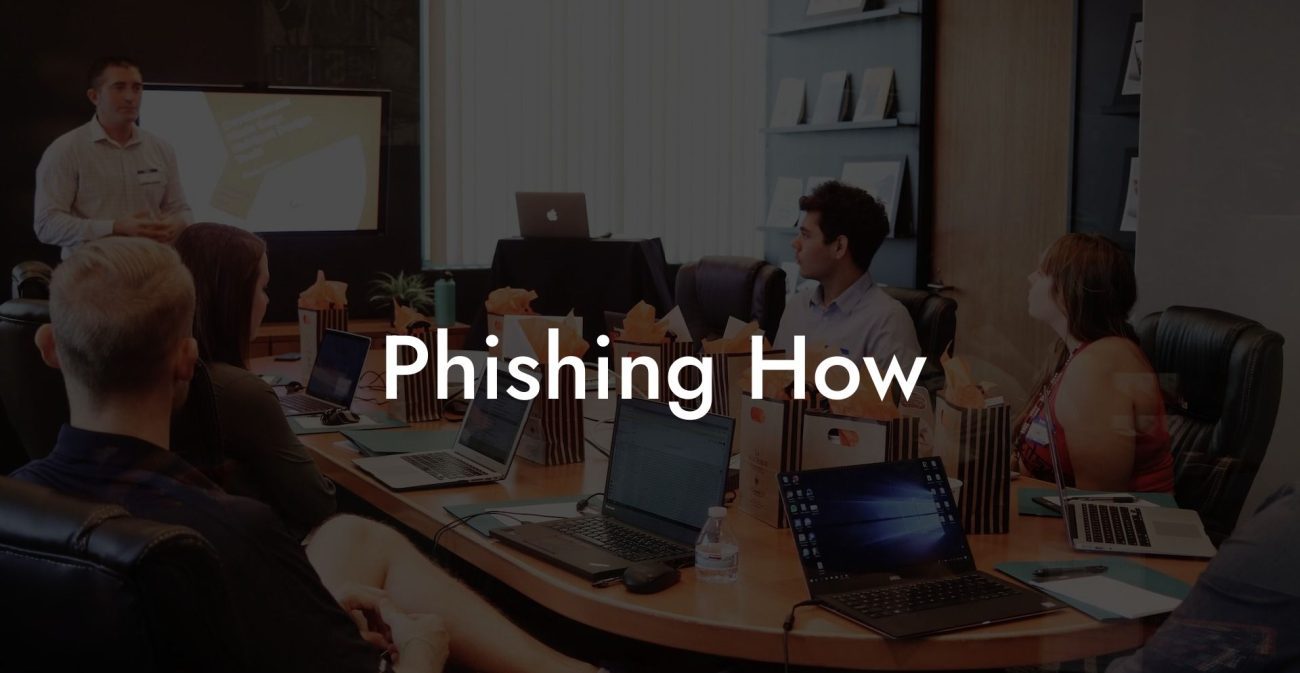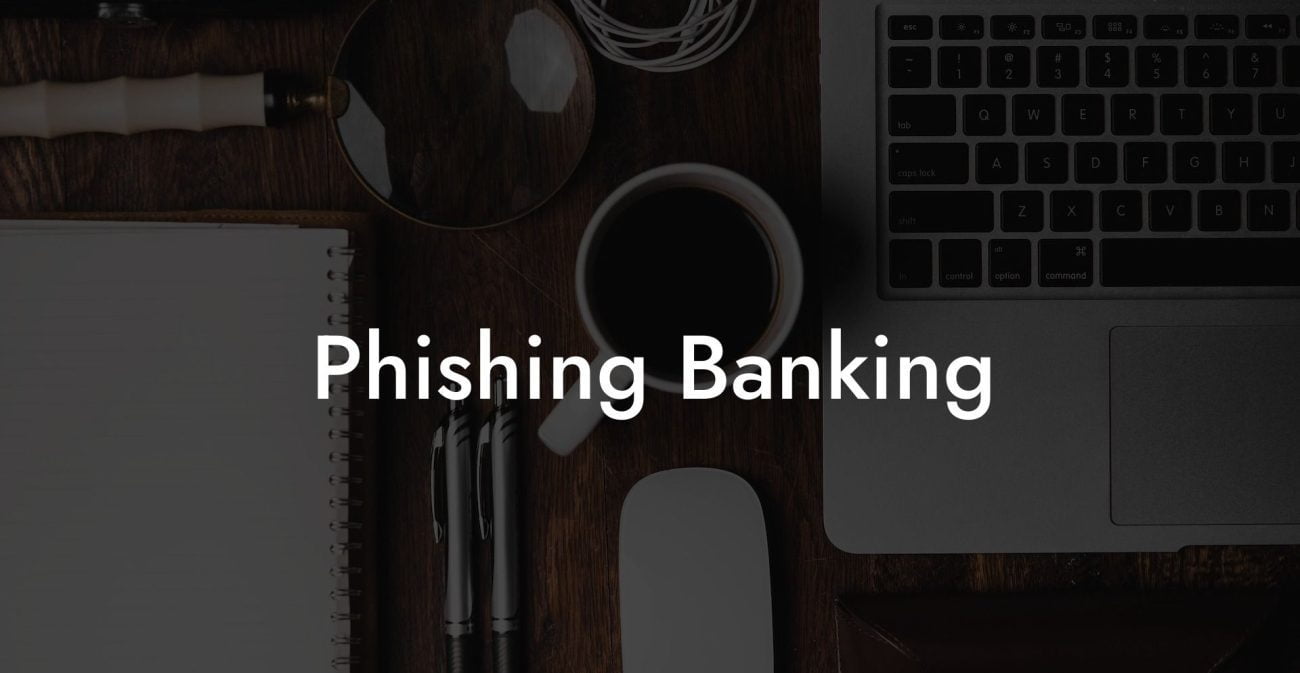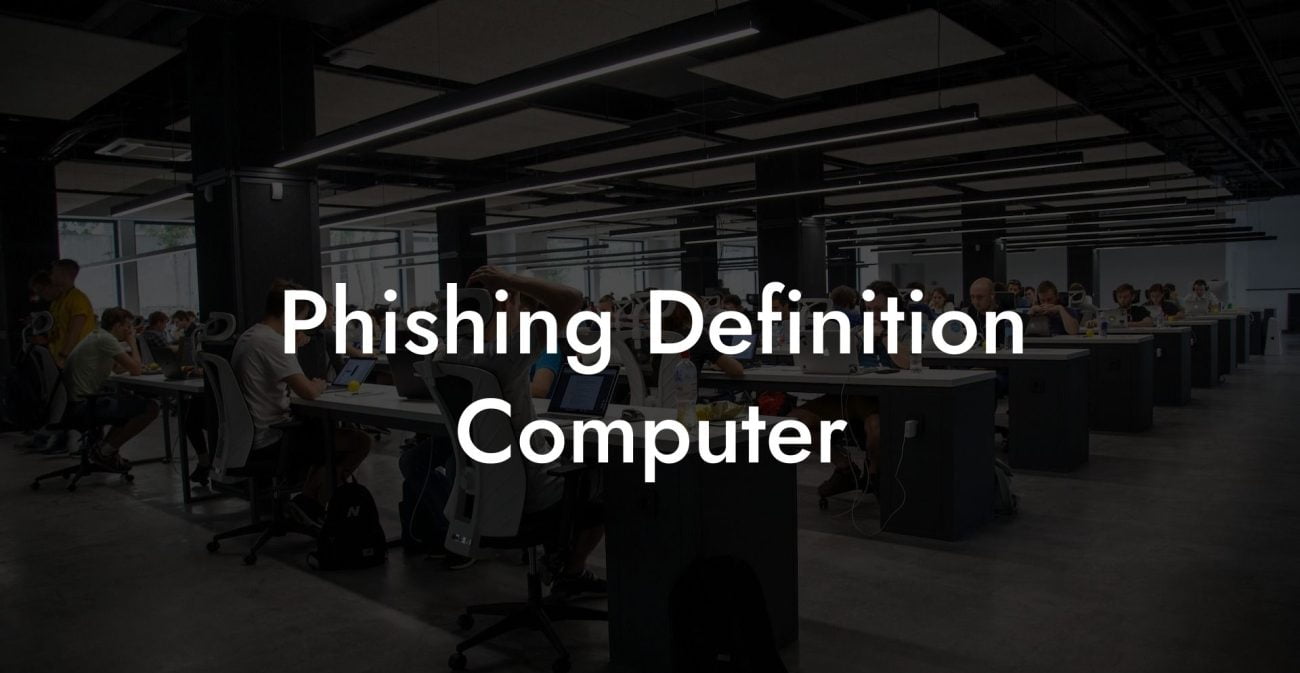We live in an increasingly digital world, where the amount of data and personal information shared online makes it a treasure trove for those who wish to exploit it. One of the most common and increasingly sophisticated methods of online fraud is phishing, and within this category is a growing problem called voice phishing, also known as "vishing". As our reliance on technology and
Phishing Information Security Table of Contents
Voice phishing is a type of social engineering attack where the scammer uses phone calls, Voice over Internet Protocol (VoIP) services or messaging apps to deceive unsuspecting individuals, posing as a legitimate company or organization. The scammer then prompts the victim to share sensitive information, such as account credentials or financial information, which they can use for identity theft or other malicious purposes.
Here are some essential phishing information security tips to help protect yourself from voice phishing attacks:
Protect Your Data Today With a Secure Password Manager. Our Top Password Managers:
1. Be skeptical of unsolicited calls or messages: Don't trust any unknown caller or message sender. Remember that legitimate organizations will rarely ask for your sensitive information over the phone or through messages.
2. Be cautious when sharing personal information: Never reveal your passwords, PINs, account numbers or any sensitive information to unsolicited calls or messages. If you're unsure if the call or message is legitimate, always contact the organization through an official phone number or support email from their website.
3. Install and update security software: Use high-quality software to protect your computer and data from malware, spyware and other threats. Regularly update your security software to ensure maximum protection.
4. Enhance your account security: Implement two-factor authentication (2FA) on your accounts, where an additional layer of security is added, such as a fingerprint or one-time password sent to your phone.
5. Educate yourself about common scams: Stay updated on popular voice phishing scams, so you can recognize them. For example, scammers often pretend to be from banks or law enforcement agencies.
Phishing Information Security Example
Let us consider a common voice phishing scenario: You receive a call from an unknown number, where the caller claims to be from your bank. They've detected suspicious activity on your account and want to assist you in securing your details. The scammer then requests your account number, personal identification number (PIN), or security phrase, intending to steal your information to gain unauthorized access to your bank account.
An appropriate response to this situation would be to politely decline giving out any information and hang up. Later, call your bank through their official phone number and inquire about the suspicious activity or request for information. In most cases, the bank will confirm that it wasn't them who called, and they'll often provide advice on safeguarding your account and reporting the voice phishing incident.
In conclusion, it is essential to stay vigilant and prioritize phishing information security, particularly when it comes to voice phishing. With technology continuously evolving, scams will keep adapting and finding new tactics to deceive individuals. By applying the above tips and maintaining a healthy skepticism of unsolicited calls and messages, you can protect yourself from being a victim of voice phishing attacks. Don't forget to share this post and explore other informative guides on our Voice Phishing blog to stay ahead of threats and secure your digital presence.
Protect Your Data Today With a Secure Password Manager. Our Top Password Managers:

